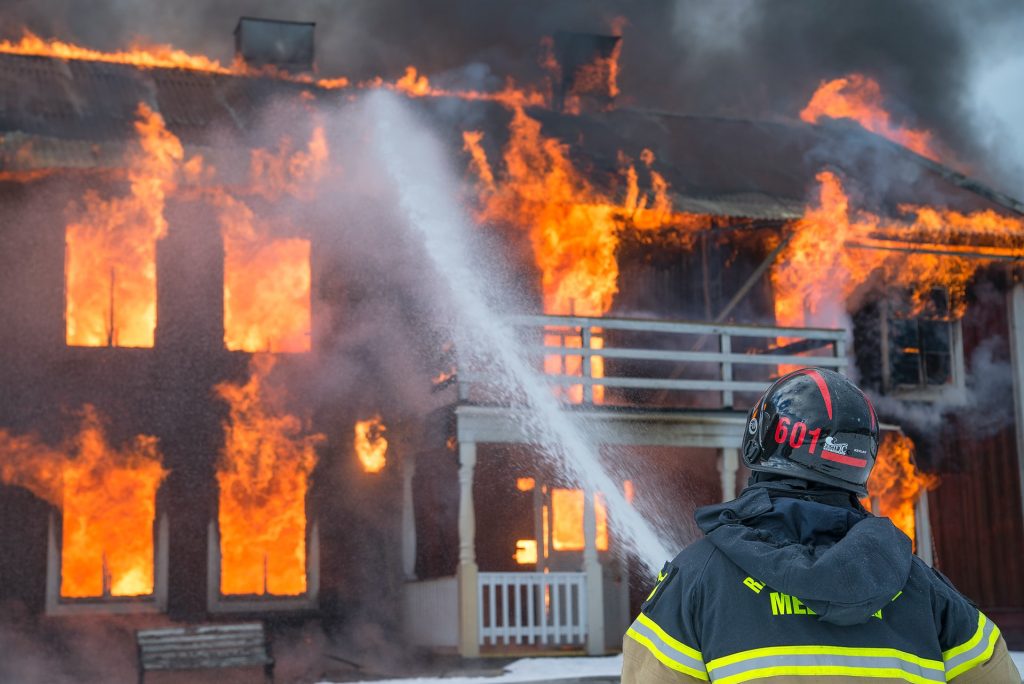As a renter, a lot of your time is spent navigating and communicating with property managers and landlords. Landlords and property managers can be busy working with other clients or even their own personal careers. Since renting means certain tasks can’t be done on your own time and require the action of others, it is best to be prepared and efficient when it comes to making sure your needs are met as a renter. Here are some tips on how to do that:
1: Show up prepared
Showing up with all the necessary paperwork a landlord or property manager will need can give you a competitive edge. This can be especially important in a tight housing market with a limited number of available rental units. Make sure you show up with references from former or current landlords, employers, and colleagues. You should also bring an up-to-date credit report. This can both expedite the process and help you get the unit over other potential candidates.
2: Read the lease
Make sure you’re clear on all the fine points on the lease. There can be rules about guests, pets, and other basic points that might impact your decision to rent the unit. There also could be language in the lease about renting out a spare room on Airbnb. Make sure the rules on the lease are in line with how you plan to use the rental unit. If you have any questions, seek clarity with the property manager.
3: Get everything in writing
Try to communicate with your landlord through official written channels at all times. If they have a website where issues can be submitted, always go through the website and follow up with an email. Make sure all communications through email are documented and saved to protect yourself down the line if any issues should arise.
4: Protect your privacy
Even though you don’t own the property, you’re still entitled to your peaceful and private use of the property. If the landlord or property manager is constantly hanging around the unit, let them know it makes you feel uncomfortable. Also, allow them access to your unit without proper warning. Draw lines to protect your privacy and if they cross those lines, be firm and clear.
5: Ask for repairs
Don’t be shy about asking for repairs. Landlords and property managers aren’t doing you any favors. It is their job to make sure you have a functional home. Unless you are responsible for something breaking, it is their job to handle the repairs. Give them a reasonable amount of time to make the repairs but don’t be hesitant to follow up with an email if you haven’t heard any updates in a day or two. Miscommunications and forgetfulness happen and sometimes and if a repair isn’t getting completed in a timely fashion, it doesn’t mean they are being negligent. A gentle reminder is sometimes all that is needed.
6: Get renter’s insurance

Renter’s insurance is affordable and can protect you in multiple ways. It will protect you if your private property is stolen from your rental unit. It can also protect you if a guest was injured in your rental. It can also protect you from damages caused by others as well as damages from natural disasters.
7: Protect your security deposit
Do a thorough walkthrough before moving into the rental unit. Make sure you understand the laws and the language in the lease in regards to the security deposit. When you move out, be sure to ask for an itemized receipt for all the funds used from the security deposit.
8: Secure your home
Make sure all the necessary and legally required safety measures have been taken in your unit. You’ll want to check that all exterior doors have property deadbolts and locks. Check the windows to make sure they lock properly. Inspect all the smoke detectors to see they function correctly and have batteries inside.

